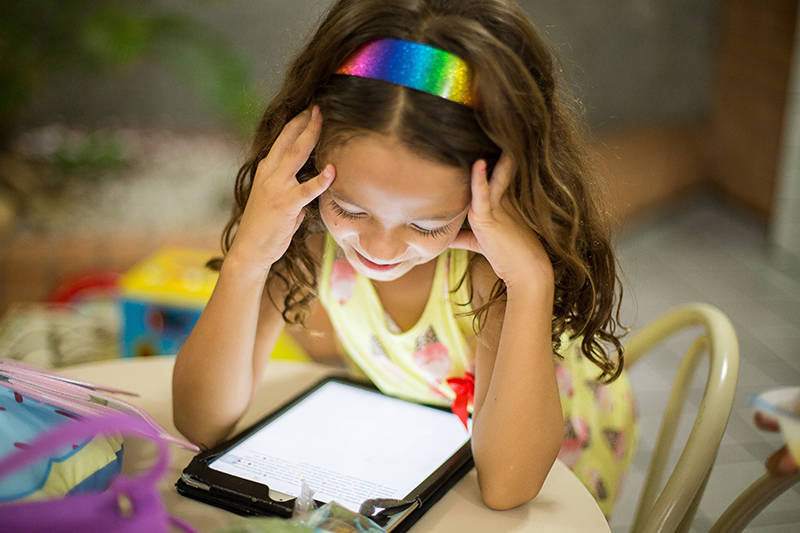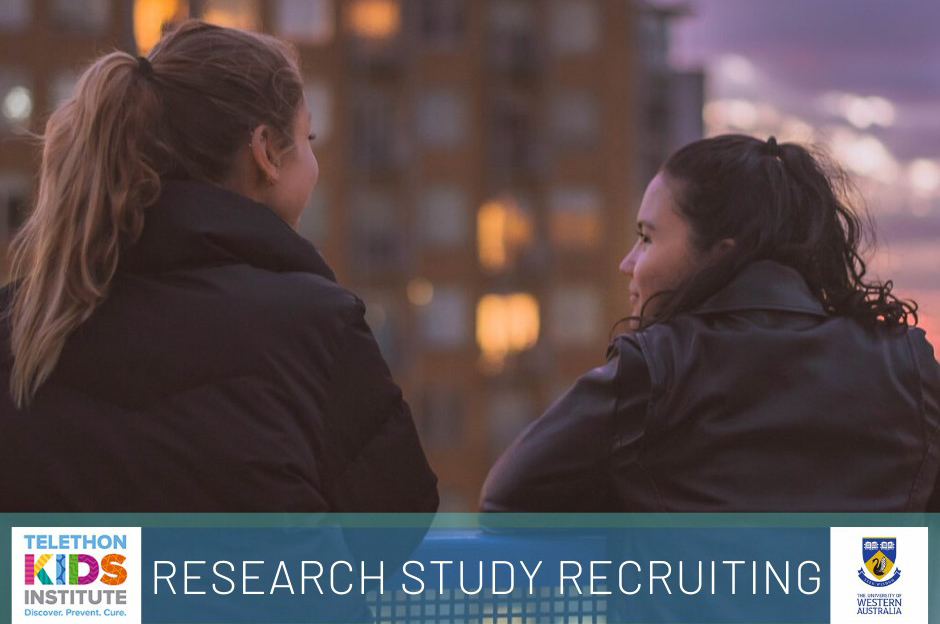Search
The Opportunity We are seeking a motivated and enthusiastic Leadership & OD Business Partner to support the Manager to develop and implement
The Opportunity: This challenging role involves the management of administration processes across two different organisations, the Perth Children's

Create happy, healthy futures for generations of children

News & Events
Festive foodWe asked Accredited Practising Dietitian, Dr Amelia Harray, for her top nutrition tips and recipe suggestions to help you enjoy food and stay on track with managing diabetes over Christmas.
This research project is a collaboration between The Kids Research Institute Australia, Muscular Dystrophy Western Australia, Perth Children’s Hospital and Curtin University.

Parents of Year 4-6 students are invited to complete a brief survey or take part in a focus group on digital technology use by their children.

Are you 14-18 years old and attracted to people the same gender as you? We want you to help us understand how you feel other people see and treat you, and how this affects your mental health.
Researchers from The Kids Research Institute Australia are seeking young people (aged 14-25) who have a trans or gender diverse sibling aged 25 or under to take part in a new study.
The Kids Research Institute Australia is currently in the process of implementing a new recruitment system. Please click the link below to view and
The Opportunity You will provide effective and efficient administrative support for the designated researchers and research teams within the AREST CF
